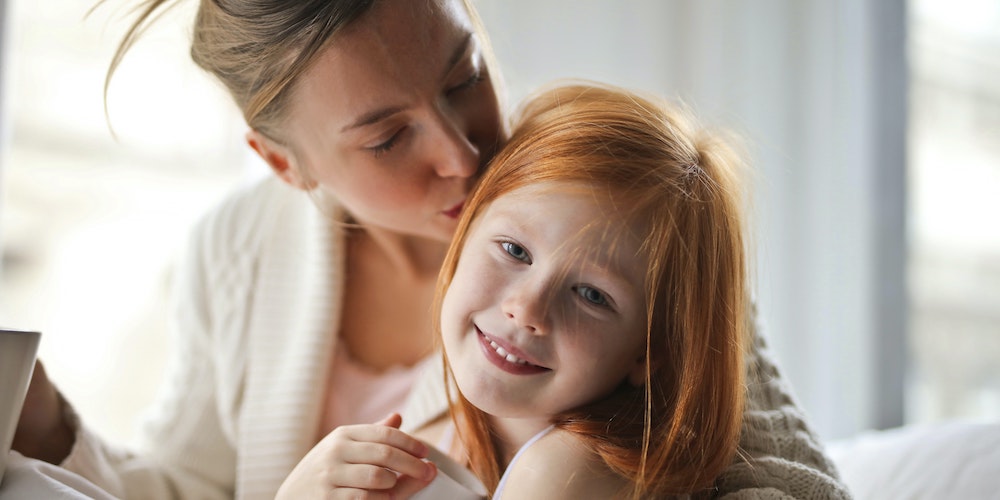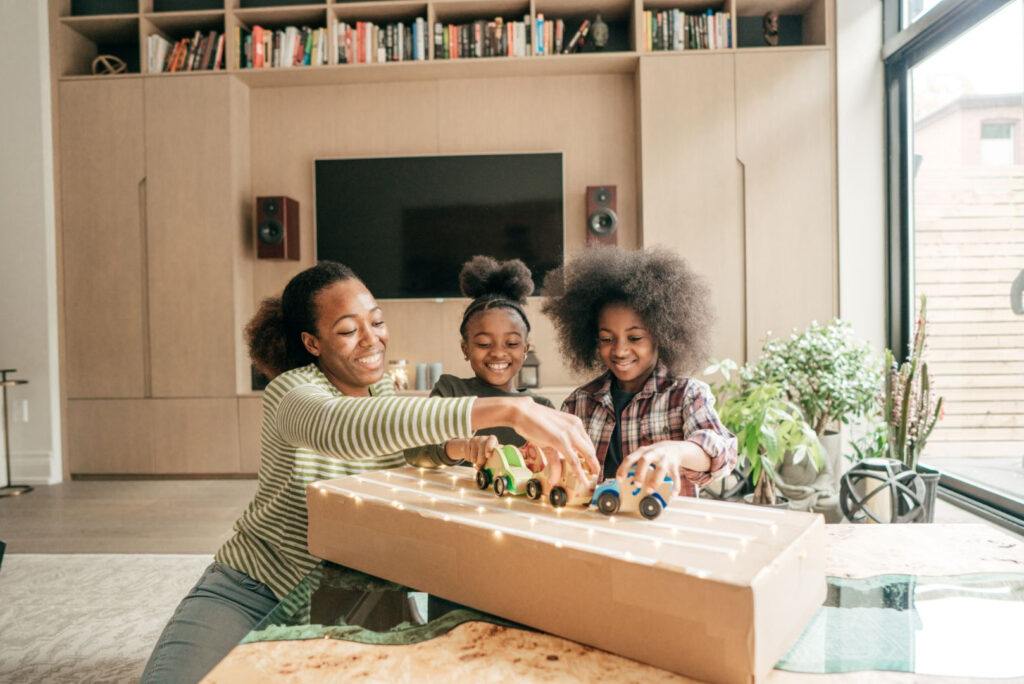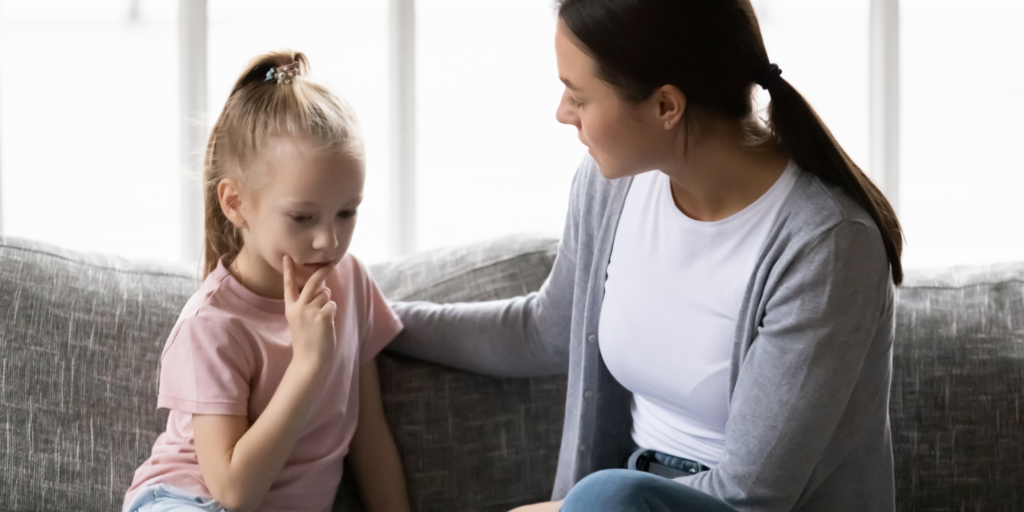3 Tips for Talking to Kids About Coronavirus

Kids everywhere are feeling the impact of the COVID-19 pandemic. On top of the stress related to the virus itself, schools are closed, parents are either feeling the stress of working from home or from being out of work, important events have been canceled, and access to friends, family, and community resources have been restricted.
Here are three important guidelines for talking to kids about the pandemic:
1. Be honest, and keep it age-appropriate
It may feel like the best thing you can do for your child is to protect them from the truth; on the contrary, kids tend to worry more when they’re kept in the dark. Most likely, your kids have picked up on the recent changes in their routines, conversations between adults, and new words being thrown around like “coronavirus”, “pandemic”, and “quarantine”. Without an opportunity to talk about all this, they are likely to fill in the gaps in their knowledge with misinformation.
Keep in mind that even if you have already had conversations with your kids about the coronavirus and why things are looking different lately, it’s important to keep talking about it with them as they are likely to continue to have questions or need continual support as things evolve. Start by asking your child what they already know about the coronavirus. This will give you an opportunity to correct anything they’ve misunderstood, and it gets them talking so you can gauge where to start.
Your child’s age and development is an important consideration when it comes to talking about the coronavirus. For example, younger kids probably won’t grasp the idea of social distancing for the “greater good” when developmentally, they are not able to conceptualize the impact of the virus on public health or the economy. Instead, most of their difficult feelings are likely to center around ways in which the recent changes have affected them and their immediate world.
2. Model empathy
Some kids may be worried that they will get sick, that they could die, or that a family member could die. Encourage them to ask questions and talk about their fears. Calm their fears by focusing on what your family is doing to stay safe. If you haven’t already, take this opportunity to give a lesson on how germs make us sick, how they spread, and how we can protect ourselves and others by practicing good hygiene and social distancing.
They might talk about missing their friends or their teacher. Ask what they miss the most. They might talk about feeling sad that their birthday party got canceled or that they might not be going to summer camp this year. Ask them to tell you more about the disappointment they’re feeling. Naming the emotion helps them make sense of what they’re feeling. By inviting them to talk about it, you’re giving them an opportunity to process their emotions.
The goal of talking about difficult feelings is not to protect them from having the difficult feelings; instead, by modeling empathy, you are teaching them to identify how they are feeling and to cope in healthy ways.
It may be tempting to try to protect them from their pain or discomfort by reassuring them with promises of a return to normalcy soon. This may be comforting to them, but they’re also not learning how to work through tough feelings. Learning healthy ways to cope with hard feelings is an opportunity to learn resilience – an important skill that will continue to help your child bounce back from adversity throughout their lifetime.
3. Practice healthy coping
In times of uncertainty, kids refer to their parents’ words, behaviors, facial expressions, body language, and tone of voice to gauge how they should feel and to learn how to cope. If they see you using healthy coping skills, you are teaching them a valuable lesson that they will carry with them.
In a similar way – remember that fear is contagious. It’s normal and understandable to be feeling scared right now – it’s also important to take care of yourself in whatever ways you can to manage your fear and anxiety for your own well-being and for the sake of your kids.
To learn more about ways to take care of yourself in quarantine, read:
- 5 ways to improve your mental health in a pandemic
- 5 types of meditation for managing anxiety
- How to protect your relationship in quarantine
Parenting is hard enough without added stresses being thrown at you, and many parents are feeling an immense weight on them lately. Help is available from the safety of your own home – Great Lakes Psychology Group offers online therapy to all of Michigan and Illinois and most insurance is accepted. In fact, some insurance providers are offering no-cost online therapy and many have expanded access to coverage for online therapy to enrollees not previously covered.
With hundreds of licensed therapists offering a wide range of specializations, GLPG makes it easy to find the right fit for you, your family, or your relationship.
Click here to learn more about the online therapy services we provide.
Ready to prioritize your mental health?
Great Lakes Psychology Group is here to help. With an extensive network of caring therapists available to meet online or in-person, we make it easy to find the right fit for your unique needs.



